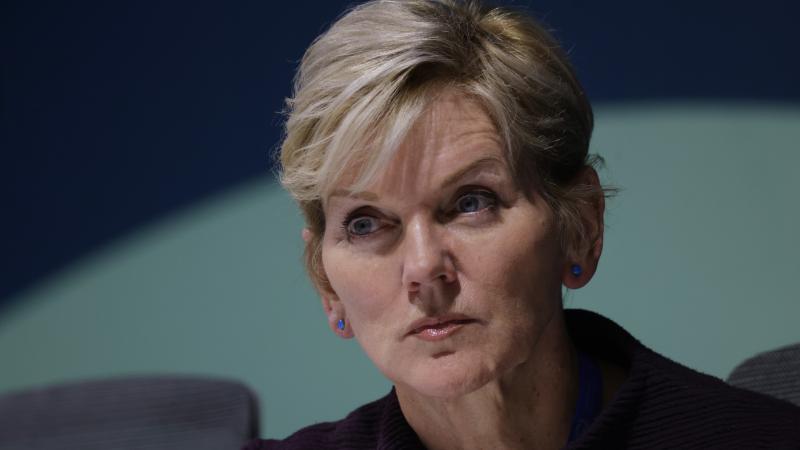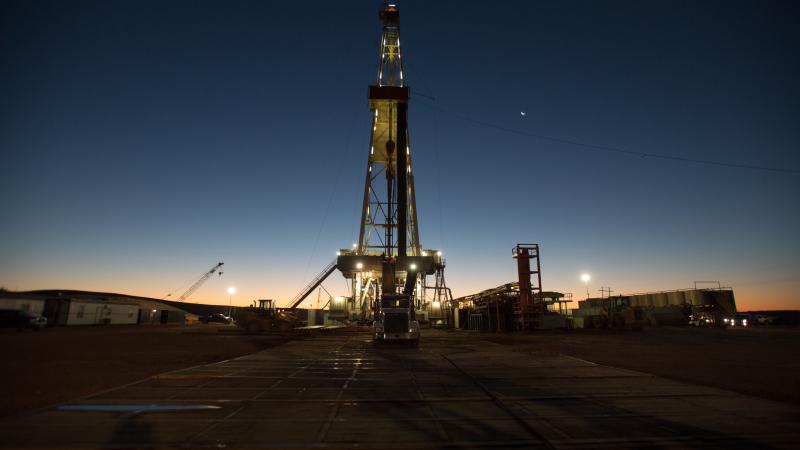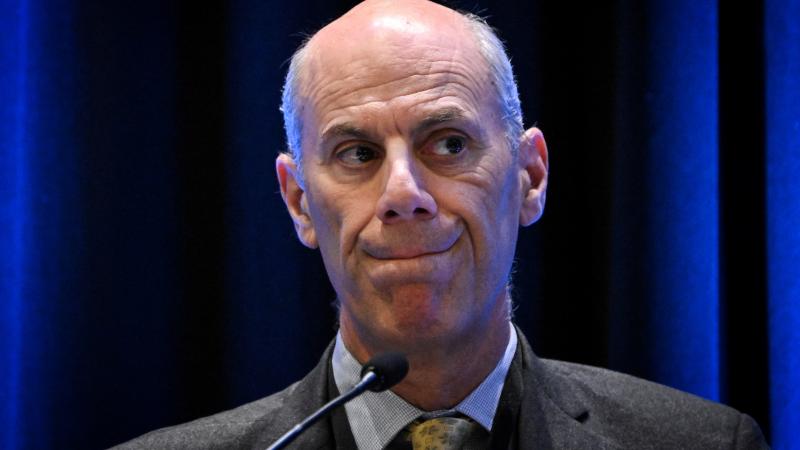Electric truck-maker Nikola falls into bankruptcy joining a procession of failed EV startups
Nikola follows Canoo and Fisker into bankruptcy. Rivian continues to hold on, despite massive losses and taxpayer support, but it's losses mount every quarter.
Electric vehicle startup Nikola Corp. has announced it had filed for Chapter 11 bankruptcy. Nikola now joins a line of EV startups that fell into bankruptcy over the past year. While the Biden-Harris administration went full-speed ahead with a vision of EVs replacing gas-powered vehicles, electric-vehicle production has become a bad bet for the companies that jumped into the vision head-first. Consumers just never got on board with the plan.
With Trump planning to end federal EV mandates and legislation seeking to stop tax credits for the purchase of new EVs, the list of failed EV startups might continue to grow.
Nikola
As with all EV startups, Nikola, which filed for bankruptcy Wednesday, once enjoyed lots of fawning press in its early days.
“Get ready for all-electric long-haul trucking,” Autoevolution reported in 2019. Around the same time, the North Bay Business Journal reported on how Anheuser-Busch was demonstrating Nikola’s hydrogen cell trucks.
The company went public in 2020, according to Bloomberg, through a deal with a special-purpose acquisition company. Nikola’s stock went up after the transaction was closed, but shortly after, Bloomberg revealed its founder, Trevor Milton, had overstated the capability of the company’s debut truck. He was later convicted on fraud charges.
“Like other companies in the electric vehicle industry, we have faced various market and macroeconomic factors that have impacted our ability to operate,” Nikola president and CEO Steve Girsky said in a recent statement on the company’s bankruptcy filing.
The inability to sell electric trucks was likely one of those factors the company cited. A CBS News affiliate in Plainville, Massachusetts, reported this week on a heavy-duty truck dealer who can’t order new diesel pickups due to the state’s ban on the sale of new diesel trucks. The dealer said that he won’t be filling his lots with electric trucks because the demand isn’t there. He has customers asking to order new diesel trucks, but it’s prohibited. He’s told the station he’s not sure what he’ll do after the diesel trucks on his lot are sold.
Canoo
Canoo was another EV startup to get lots of positive press. The company planned to offer its vehicles on a subscription basis, as opposed to selling them outright.
“Electric vehicles, which don't have an engine, transmission or other space-eating components, allow automotive designers the freedom to rethink what a car should be,” Axios reported in 2019.
The company, which has a facility in Oklahoma City, began furloughing employees in November. The company’s Security and Exchange Commission filings and reports to security holders posted on its website indicated that since October the company was facing financial difficulties and might have to “terminate or significantly curtail” its operations. According to a report to security holders, the company performed an analysis that raised “substantial doubt” about its ability to continue operating.
The company ceased operations on Jan. 16 and announced the following day that it was entering Chapter 7 bankruptcy. Oklahoma-based News 9 reported Wednesday that former Canoo employees filed a class-action lawsuit against the company, arguing it violated federal labor laws by failing to provide adequate notice before it laid off its employees.
Canoo did not respond to requests for comment on the lawsuit.
Fisker
In 2019, Autoweek reported on Fisker’s debut electric SUV called Ocean. The vehicle would include a “California mode,” which was a feature that automatically rolled down all seven windows in the vehicle. It was the only one of the company’s prototypes to make it to full-scale production.
In 2008, the company launched Karma, a plug-in hybrid sedan, which was to be a competitor to Tesla’s Roadster. According to the Center for Public Integrity, the Energy Department earmarked a $529 million loan guarantee for the vehicle, of which $192 million was dispersed. The department managed to recover $53 million of that.
The company was financed under an Advanced Technology Vehicles Manufacturing (ATVM) Program, which was part of former President Barack Obama’s goal of putting one million EVs on the road by 2015.
In June, the company announced it had filed for bankruptcy. Filings with the Securities and Exchange Commission in March showed Fisker was struggling to service its debts, and shortly thereafter the New York Stock Exchange delisted the company.
In a statement, the company spokesperson said “macroeconomic headwinds” prevented the company from operating efficiently, and selling its assets under Chapter 11 was the most viable option for the company to move forward.
“Fisker has made incredible progress since our founding, bringing the Ocean SUV to market twice as fast as expected in the auto industry and making good on our promise to deliver the most sustainable vehicle in the world,” a spokesperson with the California-based company said in a statement.
Rivian
Rivian hasn’t gone bankrupt, but the EV startup is struggling despite massive taxpayer support.
Energy expert Robert Bryce reported on his Substack that in the third quarter of 2024, the company delivered 10,018 vehicles and reported an operating loss of $757 million, meaning it lost $75,563 on every EV it sold.
The company expects to achieve a gross profit in 2024, according to Electrek, but it’s unlikely to recover from the operating losses of the first three quarters.
Despite its shaky financials, the Biden-Harris administration in its final days issued a $6.57 billion loan to the company. This was despite the Energy Department inspector general urging the agency to stop all loans and loan guarantees.
The big automakers are also experiencing huge losses on their EV lines, but their gas-powered vehicles generate enough revenues to cover those losses. The startups have had to bear the full weight of the failure of the Biden-Harris administration’s bet on EVs. There are still more than a dozen of these startups hoping to find a place in the market. Time will tell if they end up another Fisker or another Tesla.
The Facts Inside Our Reporter's Notebook
Links
- Nikola Corp. announced Wednesday
- never got on board
- legislation seeking to stop tax credits
- reported in 2019
- North Bay Business Journal reported
- according to Bloomberg
- convicted on fraud charges
- reported this week on a heavy-duty truck dealer
- Axios reported in 2019
- began furloughing employees
- posted on its website
- entering Chapter 7 bankruptcy
- News 9 reported
- Autoweek reported
- According to the Center for Public Integrity
- company announced
- was struggling to service its debts
- New York Stock Exchange delisted the company
- Energy expert Robert Bryce
- according to Electrek
- issued a $6.57 billion loan to the company
- urging the agency to stop all loans
- big automakers are also experiencing huge losses
- dozen of these startups














